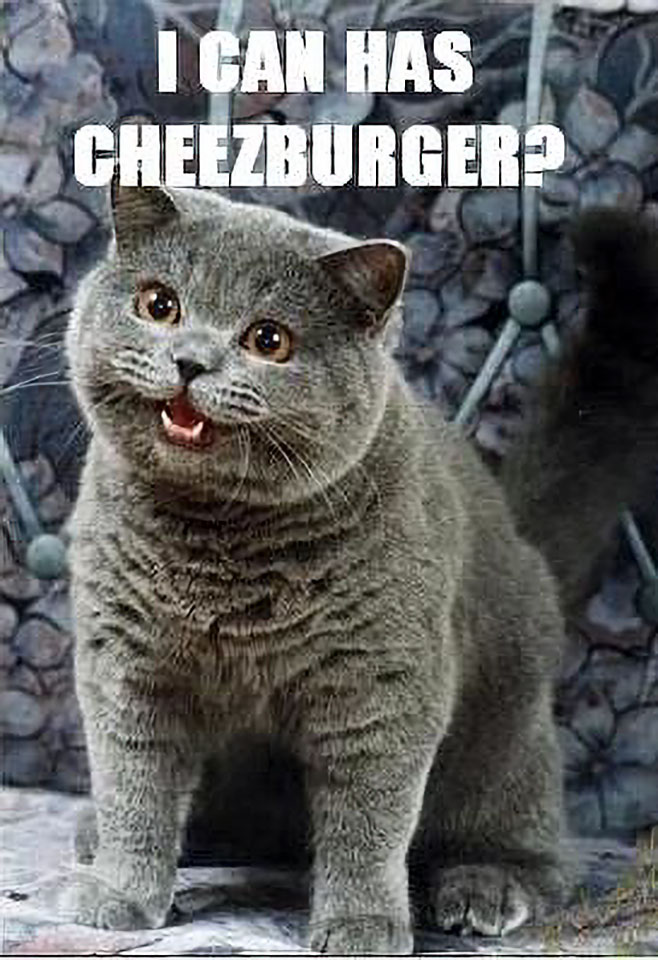

Wouldn’t make sense for the moon to be different than the god since it’s named after him (hence why they chose that name for a moon of Pluto, lord of the underworld).
I am a person online.


Wouldn’t make sense for the moon to be different than the god since it’s named after him (hence why they chose that name for a moon of Pluto, lord of the underworld).


If this is the context, I believe it has nothing to do with gays or twinks.
Just a sad anime image meant to convey an emotional response, according to Tineye, first seen around 2016, on pages no longer reachable.
First memetized around 2017, with the following image :

Translated labels from left to right : “Your new ‘waifu of the season’”, “you”, “Your waifu, to whom you’d vowed eternal love”. At this stage, the apple doesn’t fall far from the tree: The meme is still aimed at the weeb community that saw its birth, and still makes use of the context implyed by the image.
But to interpret what comes next, you must take into account the rise of “cringe” culture in the early 2020s. Former memes, deemed “cringe”, saw a new birth under several layers of irony to highlight their absurd nature. Here is another meme that underwent the same fate : https://knowyourmeme.com/memes/im-fine
This era also saw the appearance of the words “pog”, “poggers” and “pogchamp”, all of which quickly became cringe. The above meme can therefore be interpreted as a pile of cringe meant to be absurd.
What about burgers? The burger also has a place in meme culture.

Declaring one’s taste for a trash food or another belongs to another memetic trop, that of appearing relatable and whimsical. Most old memes using this trope appear cringe by today’s standard. The image may be a meta-meme about itself, describing the memer’s transition from pre-cringe to post-cringe culture, from “burgers” to “poggers”, and burying the image macros under countless layers of irony.


Maybe you’re missing out naan.
Hitting that is considered a bad thing?!
No one said they did everything themselves, they don’t mind outsourcing !
The sun can also use souls as a comburant. It’s kept alight by the stores of sacrifices it’s accumulated over time. But sacrifices aren’t as common and the stocks are running down… Thankfully, there are some secret organisations handling this problem.
Thank you! This year’s even harder, but I’m hanging on!
As someone who’s not a developer at all and has been making a comic about systemd for a rather small audience, it’s worse than you think: We actually have stuff to do and procrastinate on them while spending time and thoughts in this, reading old blog posts and forum debates as if deciphering Sumerian epic poems. Many pages were made while I was supposed to be preparing for exams, which I barely passed. Others when I should’ve been cleaning up for moving. I think part of the reason why I haven’t made any in a while is that with a faithful audience being born and waiting for the next chapter, it’s started feeling like something I had to do, and therefore, the type of stuff I procrastinate on.
Poppy seeds are definetely also a spice tho. And coca is an herb, which I guess can also be used as a spice… Use of coca by native populations seems to have been mostly medicinal… But then again, that’s also how many spices were used until the 19th century.
Saffron is from a flower and is considered a spice tho. It might be the way it’s processed that makes a difference. Regardless, when talking of the East India Company, the spice trade, and how that led to conquests, tea is always an important part of that story.
“Herb” and “spice” aren’t mutually exclusive tho.
Tbf, wouldn’t coffee, tea, chocolate and sugar cane have been considered spices by then’s definition?


Très bien ! J’ai été agacé plusieurs fois par des voitures sur les pistes cyclables à Marseille, maintenant je sais quoi faire je ne suis pas sûr que ça changera quelque chose mais ça vaut la peine d’essayer.
There you go create another fable
Because more people?